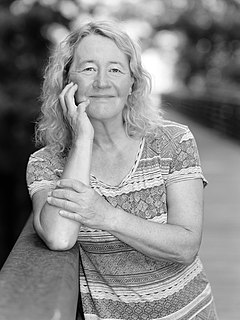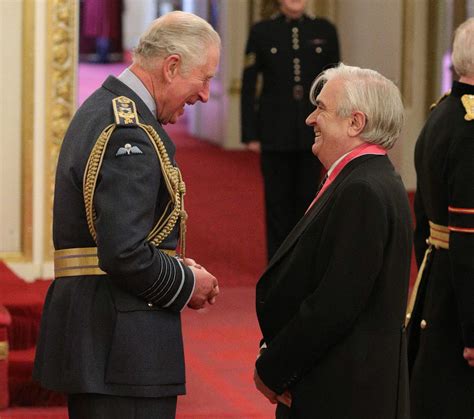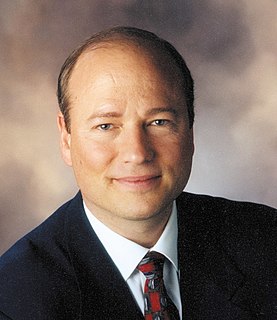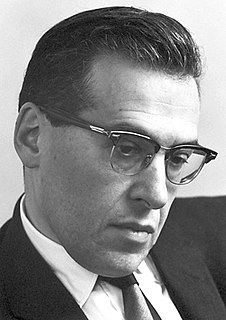A Quote by Carol W. Greider
Science can promote an understanding between people at a really fundamental level.
Quote Topics
Related Quotes
We need to reduce military budgets; raise living standards; engender respect for learning; support science, scholarship, invention, and industry; promote free inquiry; reduce domestic coercion; involve the workers more in managerial decisions; and promote genuine respect and understanding derived from an acknowledgement of our common humanity and our common jeopardy.
Is the purpose of theoretical physics to be no more than a cataloging of all the things that can happen when particles interact with each other and seperate? Or is it to be an understanding at a deeper level in which there are things that are not directly observable (as the underlying quantized fields are) but in terms of which we shall have a more fundamental understanding?
When resources are degraded, we start competing for them, whether it is at the local level in Kenya, where we had tribal clashes over land and water, or at the global level, where we are fighting over water, oil, and minerals. So one way to promote peace is to promote sustainable management and equitable distribution of resources.




































